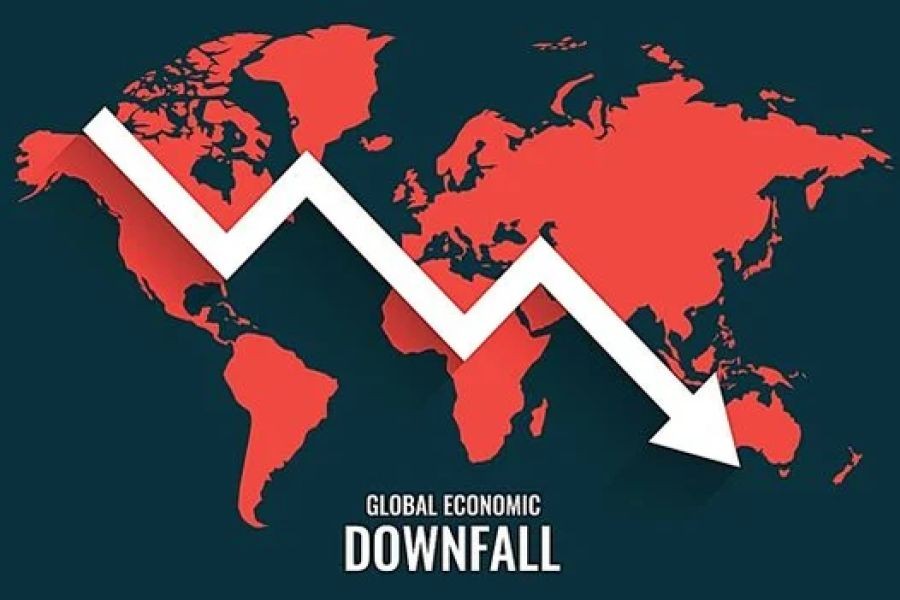In the dynamic landscape of international trade, New Zealand business owners face both challenges and opportunities in navigating trade agreements. The country's unique position as a small, open economy necessitates a strategic approach to leveraging these agreements for growth. Understanding how to effectively navigate trade agreements can be the difference between expanding into new markets or missing out on significant opportunities. This article aims to provide New Zealand business owners with insightful, data-backed strategies for maximizing the benefits of trade agreements.
The Importance of Trade Agreements for New Zealand
Trade agreements are crucial for New Zealand as they open doors to international markets, reduce tariffs, and enhance the competitiveness of local businesses. According to the Ministry of Business, Innovation, and Employment (MBIE), trade agreements cover over 70% of New Zealand's total goods exports. This extensive coverage underscores the importance of these agreements in facilitating trade and economic growth.
Case Study: New Zealand-China Free Trade Agreement
Problem:
Prior to the implementation of the New Zealand-China Free Trade Agreement (FTA) in 2008, Kiwi exporters faced high tariffs when entering the Chinese market. This barrier limited the competitiveness of New Zealand products, such as dairy and meat, in one of the world's largest consumer markets.
Action:
The FTA reduced tariffs on 96% of New Zealand's exports to China, including significant reductions for key sectors like dairy and meat. This agreement allowed New Zealand businesses to compete on a level playing field with other international exporters.
Result:
- Exports to China increased by over 200% between 2008 and 2018
- Dairy exports saw a 300% increase in value
- China became New Zealand's largest trading partner by 2017
Takeaway:
This case study illustrates how trade agreements can significantly enhance market access and competitiveness for New Zealand businesses. By strategically leveraging these agreements, Kiwi exporters can tap into new markets and unlock growth opportunities.
Understanding Key Trade Agreements
New Zealand is a signatory to several key trade agreements that offer diverse opportunities for different sectors. Here, we delve into some of the most impactful agreements:
Comprehensive and Progressive Agreement for Trans-Pacific Partnership (CPTPP)
The CPTPP is a multilateral trade agreement involving 11 countries, including New Zealand. It aims to promote trade liberalization and economic integration. According to Stats NZ, the CPTPP covers markets accounting for 13.5% of the global economy and provides New Zealand businesses with improved access to these markets.
Regional Comprehensive Economic Partnership (RCEP)
RCEP, which includes New Zealand and 14 other Asia-Pacific countries, is one of the largest trade agreements in the world. It aims to simplify trade processes and reduce tariffs, particularly benefiting sectors like agriculture, manufacturing, and services. The agreement is expected to boost New Zealand's GDP by 0.3% annually, according to the Reserve Bank of New Zealand.
Navigating Trade Agreements: Strategies for Success
Successfully navigating trade agreements requires a strategic and informed approach. Here are actionable strategies for New Zealand business owners:
1. Conduct Market Research
Before entering a new market, it is crucial to conduct thorough market research. This includes understanding consumer preferences, local regulations, and competitive dynamics. Utilizing resources like New Zealand Trade and Enterprise (NZTE) can provide valuable insights and support for market entry strategies.
2. Leverage Government Support
The New Zealand government offers various programs and incentives to support businesses in their export endeavors. For example, the Export Credit Office provides insurance and financial support to mitigate the risks associated with international trade. Engaging with government agencies can enhance your export strategy and reduce potential risks.
3. Build Strong Partnerships
Establishing partnerships with local distributors or agents in target markets can facilitate market entry and expansion. These partners possess local knowledge and networks that can be invaluable in navigating regulatory and cultural differences.
4. Stay Informed on Regulatory Changes
Trade agreements often involve complex regulations that can evolve over time. Staying informed about regulatory changes and compliance requirements is essential to avoid potential pitfalls. Engaging with legal and trade experts can ensure your business remains compliant and competitive.
Common Myths & Mistakes
Let's address some common myths and mistakes associated with navigating trade agreements:
Myth: "Trade agreements automatically guarantee success in new markets."
Reality: While trade agreements reduce barriers, success depends on strategic planning and market understanding. Many businesses fail due to inadequate market research and poor execution.
Myth: "Only large corporations benefit from trade agreements."
Reality: Small and medium-sized enterprises (SMEs) can also benefit significantly from trade agreements by accessing new markets and leveraging government support programs tailored for SMEs.
Myth: "Compliance with trade regulations is too complex for small businesses."
Reality: While compliance can be challenging, resources and support are available to simplify the process. Engaging trade experts and utilizing government resources can help navigate regulatory complexities.
Future Trends & Predictions
The future of trade agreements in New Zealand is likely to be influenced by several key trends:
- Digital Trade: The rise of e-commerce and digital services is expected to shape future trade agreements, with a focus on reducing barriers to digital trade and enhancing cybersecurity measures.
- Sustainability: Environmental considerations are increasingly becoming a priority in trade agreements. Future agreements may include provisions for sustainable practices and carbon neutrality.
- Geopolitical Shifts: Changes in global geopolitics, such as the rise of protectionism and shifting alliances, could impact trade dynamics and necessitate strategic adjustments for New Zealand businesses.
Conclusion
In conclusion, navigating trade agreements is a critical aspect of expanding your business in the global market. By understanding key agreements, leveraging government support, and adopting strategic approaches, New Zealand business owners can unlock significant growth opportunities. As trade dynamics evolve, staying informed and adaptable is essential for long-term success. What strategies will you implement to navigate trade agreements effectively? Share your insights below!
People Also Ask (FAQ)
How do trade agreements impact businesses in New Zealand?
Trade agreements open up new markets and reduce tariffs, enhancing competitiveness. According to MBIE, they cover over 70% of New Zealand's goods exports, providing significant opportunities for growth.
What are the biggest misconceptions about trade agreements?
One common myth is that only large corporations benefit. However, SMEs can also leverage these agreements for market expansion and access government support programs tailored for them.
Related Search Queries
- New Zealand trade agreements 2023
- How to export from New Zealand
- Benefits of trade agreements for SMEs
- New Zealand-China FTA impact
- New Zealand CPTPP advantages
- Trade compliance for Kiwi businesses
- Future of New Zealand trade
- Digital trade in New Zealand
- Sustainability in trade agreements
- Geopolitical trends affecting trade
































rileylindquist
6 months ago